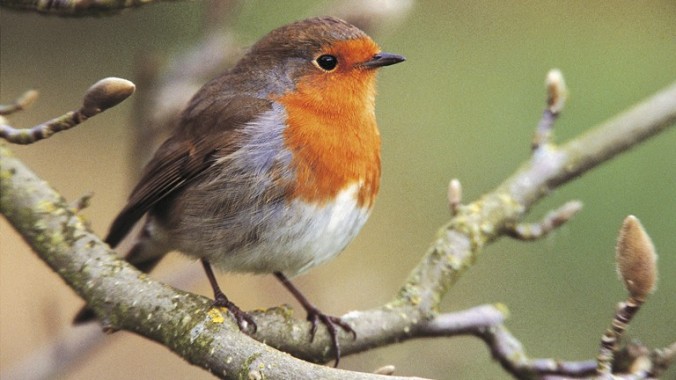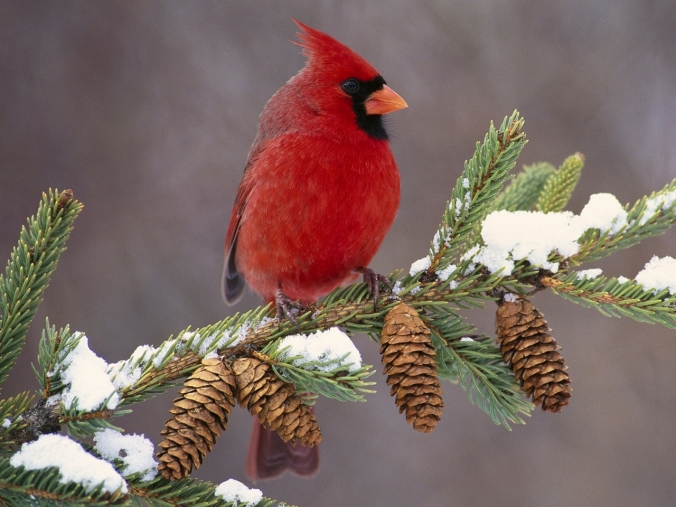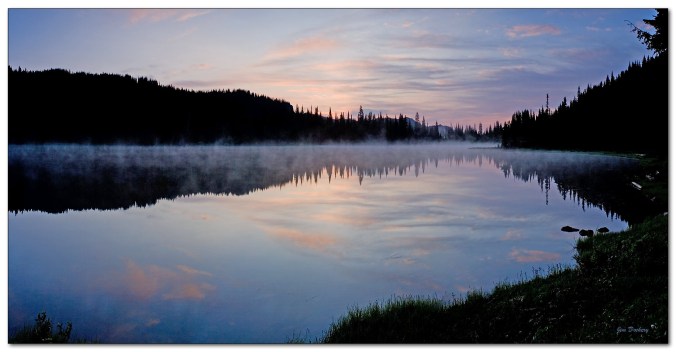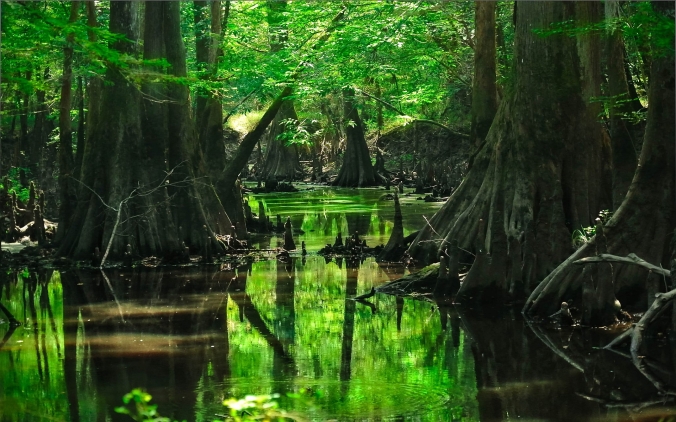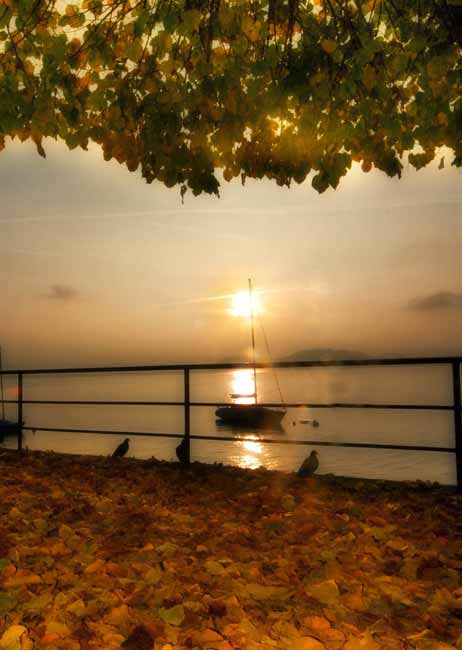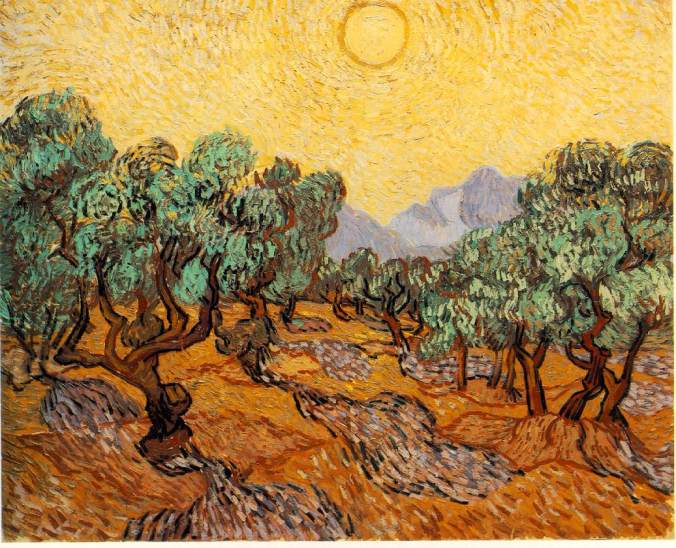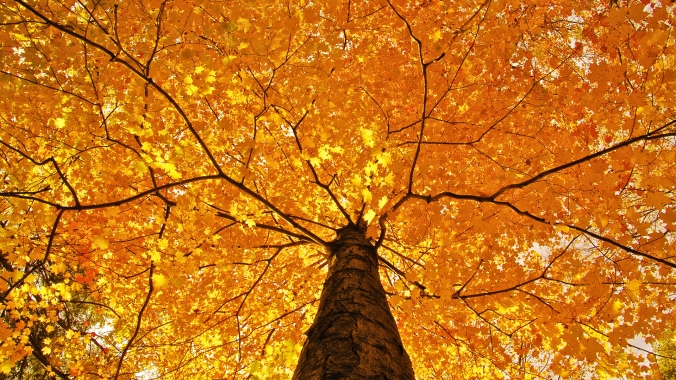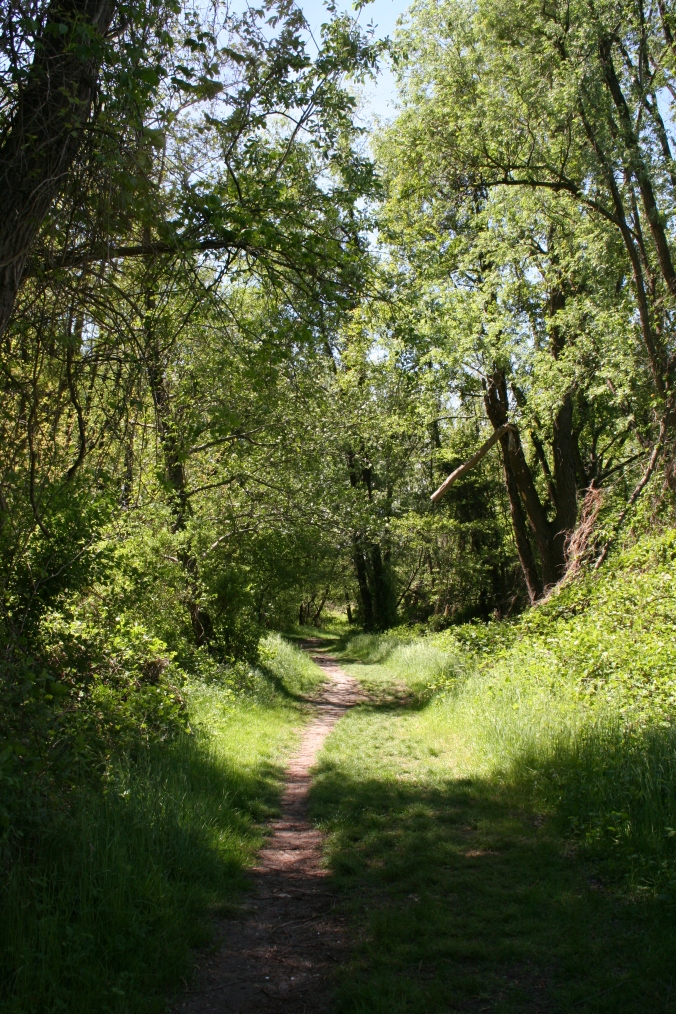First of all, dear readers, my apologies for my ups and downs. Sometimes I write, other times I really do not have time. I don’t have even time to sleep, let alone to sit down and consciously think about something profound and thoughtful to write. Because I don’t want to fill in the net with lots of bullshit. I leave this job for someone else. Anyway, tonight I’ve found a bit of time to share a poet with you. His name is Robinson Jeffers and I think that he is a supreme genius. Firstly, something about his biography and his life.
He was born in 1887 in Pittsburgh, Pennsylvania. During his childhood he studies classical languages and the Bible, as his father was a Presbyterian minister. The Jeffers family frequently traveled to Europe, and Robinson attended boarding schools in Germany and Switzerland. In 1902, Jeffers enrolled in Western University of Pennsylvania and then he moved to California. At the Presbyterian Occidental Collegeh he studied literature, medicine, and forestry. In 1906 he met a fellow graduate student, Una Call Kuster. The two fell in love, though at the time Una was married. They married in 1913 and moved to Carmel, on California’s coast. Jeffers and his wife lived in Carmel for the rest of their lives, building the stone “Tor House” and “Hawk Tower“, both of which figure prominently in his work. It was at the beginning of his time in Carmel that Jeffers turned exclusively to writing poetry. His first volume of poems, Flagons and Apples, was published in 1912, but it was the 1924 publication of Tamar and Other Poems that brought him attention, for his narrative poems and the use of the blank verse.
Nature not only serves as a backdrop for Jeffers’s verse; animals and natural objects are frequently compared to man, with man shown to be the inferior. “There is not one memorable person,” Jeffers wrote in Contrast, “there is not one mind to stand with the trees, one life with the mountains.” Jeffers preferred nature to man because he felt that the human race was too introverted, that it failed to recognize the significance of other creatures and things in the universe. Jeffers termed his philosophy “inhumanism,” which he explained was “a shifting of emphasis from man to not man; the rejection of human solipsism and recognition of the transhuman magnificence…. It offers a reasonable detachment as a rule of conduct, instead of love, hate, and envy.” Humanity had been spurned by an uncaring God, Jeffers believed, so each individual should rid himself of emotion and embrace an indifferent, nonhuman god. To develop his philosophy of inhumanism, Jeffers drew on his extensive reading in philosophy, religion, mythology, and science. Critics have connected Jeffers’s ideas to those of Schopenhauer, Nietzsche, Lucretius, and cyclical historians such as Giambattista Vico, Oswald Spengler, and Flinders Petrie.
In 1932 he was on the cover of Time, and in 1946 his version of the Greek drama Medea played on Broadway. But popular opinion began to turn against Jeffers when a full formulation of his doctrine seemed to calmly foresee the extinction of the human race. Some of his political views, including references in his work to Pearl Harbor, Hitler, Stalin, and Roosevelt, were also uneasily received in the period after World War II. His collection, The Double Axe (1948), included a publisher’s warning on the potentially “unpatriotic” poems inside. In recent years, Robinson Jeffers has regained his central place in the burgeoning field of eco-poetics. His uncompromising work celebrates the enduring beauty of sea, sky and stone and the freedom and ferocity of wild animals, and strives to create a vision of world in which human experience is productively questioned, qualified, and even decentered.
As you can imagine, I really like Jeffers because of his philosophy of inhumanism, but also because his poems are really so full of rage. Sometimes resignation, but mostly rage because of men’s supposed superiority and confirmed ignorance. I’d like to share with you some of Jeffers’s poems, hoping you’ll find them enlightening.
Shine, Perishing Republic
While this America settles in the mould of its vulgarity, heavily thickening
to empire
And protest, only a bubble in the molten mass, pops and sighs out, and the
mass hardens,
I sadly smiling remember that the flower fades to make fruit, the fruit rots
to make earth.
Out of the mother; and through the spring exultances, ripeness and deca-
dence; and home to the mother.
You making haste haste on decay: not blameworthy; life is good, be it stub-
bornly long or suddenly
A mortal splendor: meteors are not needed less than mountains:
shine, perishing republic.
But for my children, I would have them keep their distance from the thick-
ening center; corruption
Never has been compulsory, when the cities lie at the monster’s feet there
are left the mountains.
And boys, be in nothing so moderate as in love of man, a clever servant,
insufferable master.
There is the trap that catches noblest spirits, that caught–they say–
God, when he walked on earth.
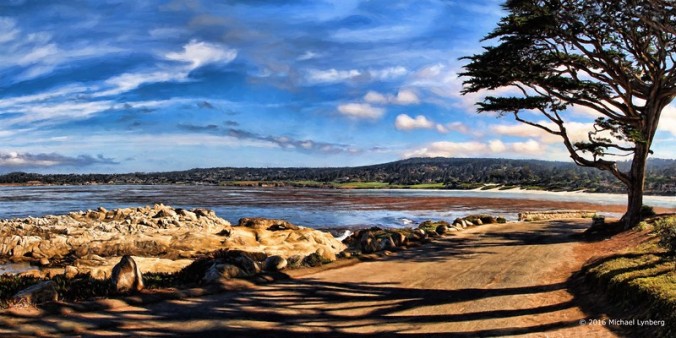
Keep it wild and simple. Keep it wilder and simpler.
AnaKWildness



